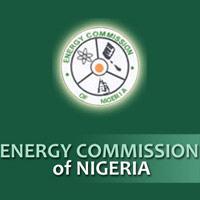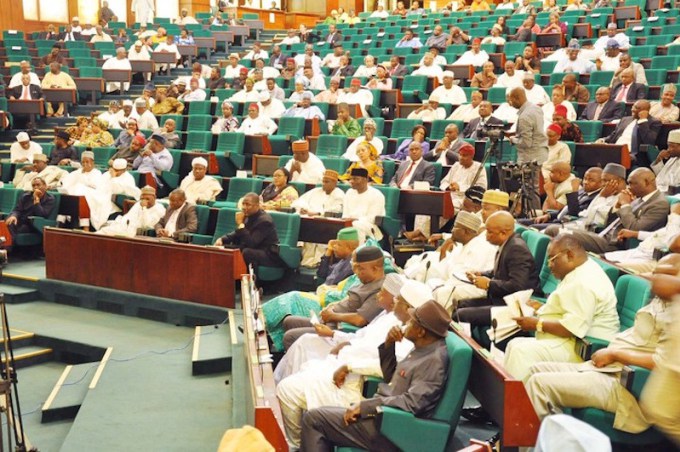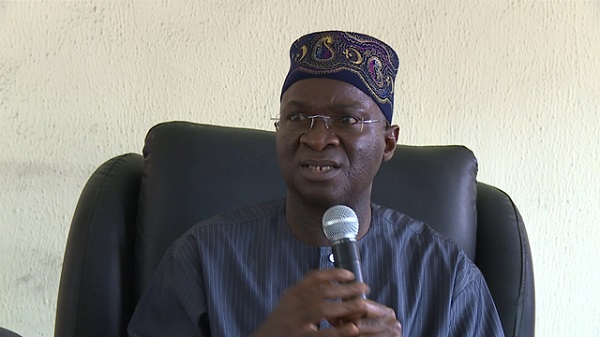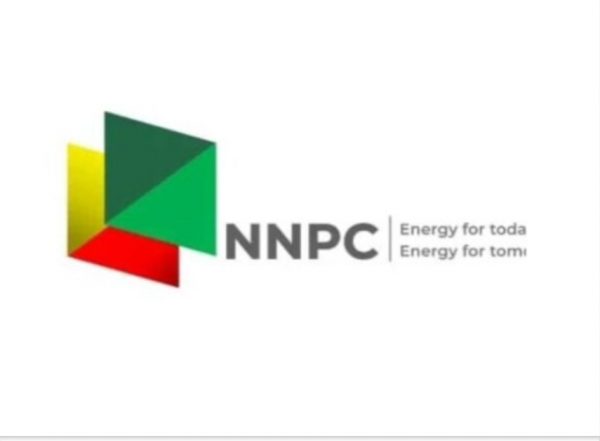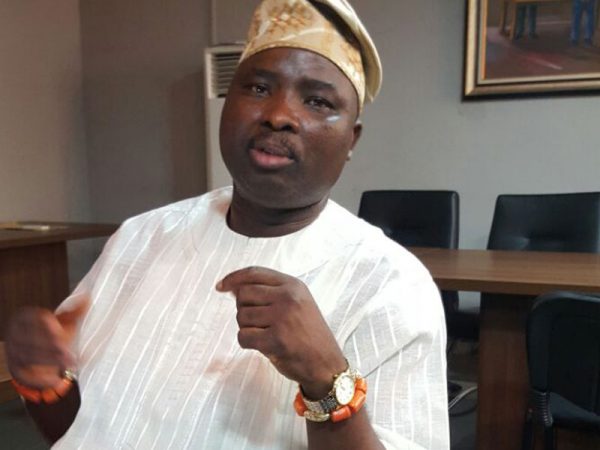OIL & GAS
ECN PUTS NIGERIA 2015 POWER NEEDS AT 31,240MW
Facts from the Federal Ministry of Power showed that the national grid generated 4389MW and sent out 4038MW as at December 28, 2014.
Data obtained from the ECN showed that the current power generation is a far cry from the national requirement, which was put at 31,210MW at an optimistic GDP growth rate of 11.5 per cent.
The electricity peak projection for Nigeria was categorised based on speculated Gross Domestic Product (GDP) growth rate seven per cent referred to as reference growth; 10 per cent (high growth) and 11.5 per cent (optimistic growth). The projection speculated that the nation would require 28,360MW at reference growth rate; 30,210MW and 31,240MW at high and optimism growth rate respectively in 2015.
It is however expected that access to electricity in the country would grow from less than 50 per cent in 2014 to between 75-86 per cent base on the growth criterion in 2015 and peak at 90-95 per cent by 2030.
According to the data, a larger portion of the generation was linked to gas, followed by coal, hydro, solar, wind, biomass and nuclear sources. In all, renewable energy is expected to generate 13 per cent of the energy in short term, 23 per cent in medium term and 36 per cent in long term.
As part of its vision to fast-track economic growth and development, the Federal Government has envisioned to grow the economy at a rate of 11 per cent-13 per cent so that it can be reckoned among the 20 largest economies in the world by 2020.
Energy demand and supply studies conducted by the ECN, taking into consideration the economic vision, demography, available energy resources and modern developmental path has indicated that huge amount of energy in the form of electricity, fuels and heat would be required to meet the vision 2020.
It may be recalled that for sustainable development, renewable energy sources are preferable for the supply of the final energies for development; albeit fossil fuels will continue to play significant role in driving the economy of Nigeria.
Speaking in the same vein, a university don at the Department of Electronic and Electrical Engineering, Obafemi Awolowo University, Ile-Ife, Prof Titilayo A. Kuku, recently said: “That Nigeria is currently facing an energy crisis is an understatement. With the current generated capacity of about 4,000MW, for a population of about 170 million, with energy per capita of 30 Watts, the country is in a dire state regarding energy sufficiency with the attendant consequences on all developmental indicators of employment, growth, production, cost of production, security, general wellbeing among others.
“This unfortunate situation has brought to the fore, the need to explore alternatives to close the wide gap between demand for and supply of energy services in Nigeria.
Energy poverty in Nigeria is acute with only 47 per cent of the populace having access to epileptic electricity and about 10 per cent of the population not connected to the grid,” he said.
Kuku lamented that majority of the people in the rural area do not have access to electricity resulting in most of them using traditional biomass as source of energy.
He therefore urged that government should deemphasize investment in large hydro and increase investment in sustainable, decentralized renewable sources.
The university don argued that renewable energies can continuously be harvested because they are inexhaustible in supply and have been considered by most developing countries as an essential component of extending access to affordable energy.
Besides, he believed that it would help to reduce the importation of oil, bringing benefit to local and national economies.
“Renewable energy and energy efficiency have been recognised as the twin pillars of energy security especially in our quest to address the poor state of energy supply and have a holistic approach to green energy.
“While renewable energy focuses on generating energy from natural, renewable and sustainable sources such as solar, small hydro, wind and biomass, energy efficiency on the other hand aims at achieving the efficient utilisation of the available energy supply through energy efficient methods and technologies. Nigeria is endowed with abundant renewable energy resources that can be deployed for electricity provision.” He stated

